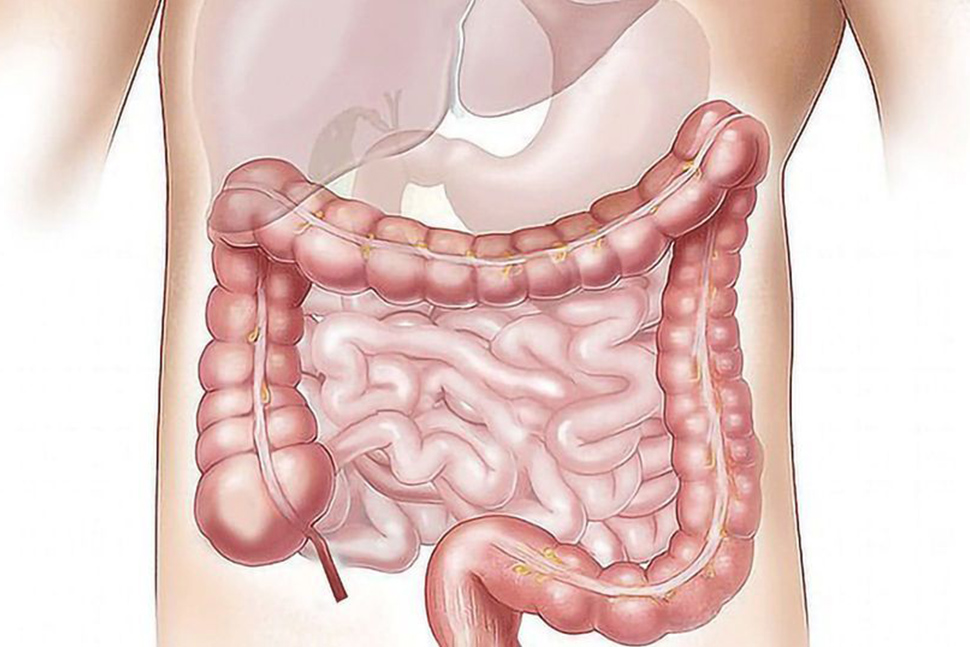
Whoever said balance is key was right, especially when it comes to our hormones. When our hormones are out of whack, our bodies sure let us know.
It’s easy to blame uncomfortable symptoms on hormonal havoc. But, likely, we aren’t seeing the bigger picture. The real reason why our hormones are in complete disarray.
It’s time to turn a bad gut feeling into a good one. Learn all about the gut-hormone connection. And discover how your gut health impacts your hormones.
Our guts are host to trillions of bacteria and fungi. Collectively known as the gut microbiome. And while these living things may be little, they’re also mighty. They work hard to keep our body in its best condition.
They have a hugely important role in the smooth running of our digestive system. Helping us absorb nutrients from food. Keeping our immune systems fighting fit. All in all, helping us fight back against inflammation in the body.
But things don’t always run so smoothly. Life just gets in the way. And many things can disrupt the way the gut microbiome functions.
When too much bad bacteria takes over, the gut microbiome becomes unbalanced. This is also known as dysbiosis. This can lead to disruptions in hormone levels. This can contribute to several issues, including insulin resistance, weight gain, and even mood disorders.
The estrobolome is the gut bacteria that is responsible for metabolizing estrogen. This bacteria is super important for keeping our hormones balanced.
They break down estrogen and eliminate excess that your body doesn’t need. Working their very best to create hormonal harmony. Yet due to a variety of factors, they can easily become disrupted.
While we all love a sweet treat from time to time, too much sugar can cause bad gut bacteria to take over alongside highly processed foods and bad fats. Add in that glass of wine or two and your gut is taking a hit. Preventing the body from having enough nutrients that feed the good bacteria in the gut.
Antibiotics are efficient at getting rid of harmful bacteria that make us sick. But they don’t know the difference between good and bad. So when we ingest them, they also kill healthy bacteria that we need. Throwing off the balance of our estrobolome.
When the balance of the estrobolome is disrupted, they can no longer do their job well. This means they cannot break down or get rid of estrogen as well as before. When this happens, it causes hormonal haywire. Just like the estrobolome, our hormones become imbalanced.
So, what can we do to nurture our gut health and support hormonal balance? Well, it all starts with diet and lifestyle.
Eating a diverse range of fiber-rich foods can help feed beneficial gut bacteria. Nourishing the gut and promoting a healthy microbiome.
Include fiber-rich foods such as:
Eating fermented foods can introduce healthy bacteria back into your gut too. Such as:
It’s not just about what you eat; it’s also about how you live. These lifestyle factors can all help contribute to a healthier gut. Promoting hormonal harmony once more. Consider:
Managing stress can help keep cortisol levels in check and support a healthy gut. Reduce stress with:
You can introduce friendly bacteria into your gut with a daily probiotic supplement. Further supporting digestive health, helping the health of your estrobolome, and helping the health of your hormones.
Consider taking a thermogenic probiotic like Inner Harmony by CellaMD. It doesn’t just help the health of your gut and your hormones. But it also helps with bloating, weight loss, and low energy.
It’s fascinating how our gut health and hormone balance are intricately connected, and how they influence everything from our energy levels to our mood swings.
By understanding the role of the gut microbiome, we can take proactive steps. Steps forward towards supporting our overall well-being.
There’s a plethora of lifestyle choices we can make to nurture our gut and hormones, from dietary adjustments to embracing stress-reducing activities. And let’s remember the power of probiotics, like Inner Harmony. They can help maintain a healthy gut and support hormonal harmony.
After all, happier guts mean happier hormones. Balance is key to a gut-friendly lifestyle. The secret to feeling our best inside and out. Give your gut the health it deserves.
Sources:
Related Articles




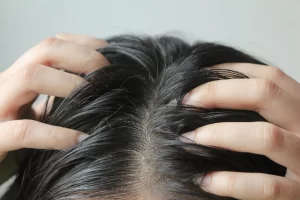
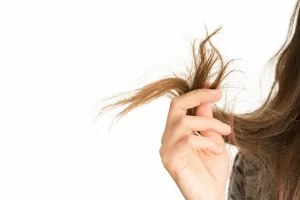


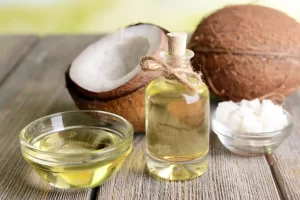
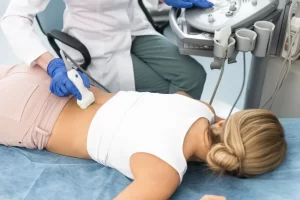
* These statements have not been evaluated by the Food and Drug Administration. This product is not intended to diagnose, treat, cure or prevent any disease.